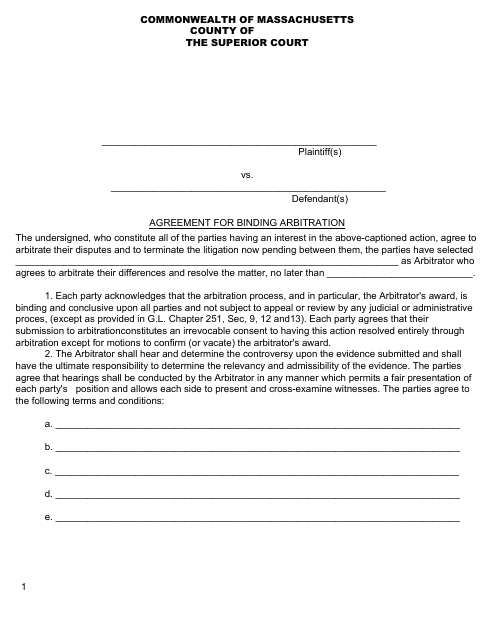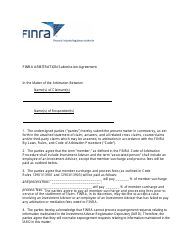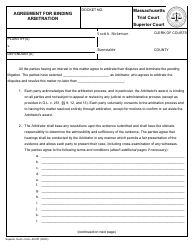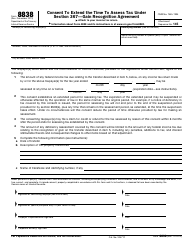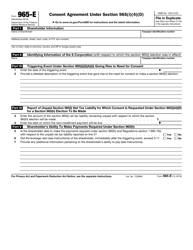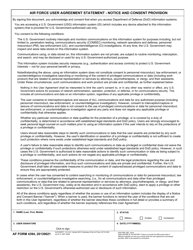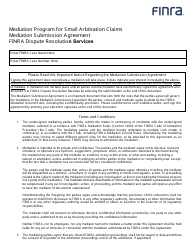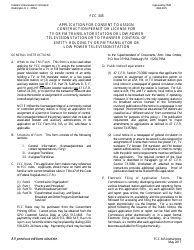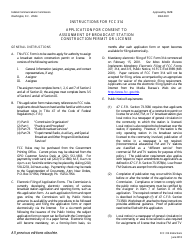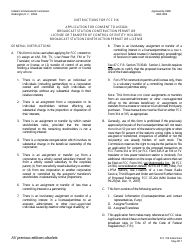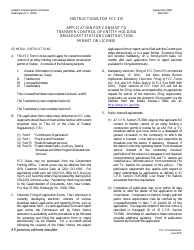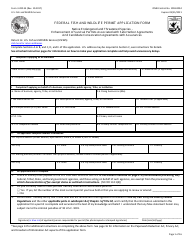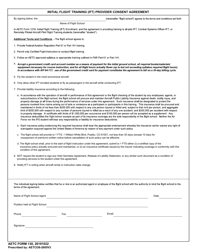Agreement for Binding Arbitration - Massachusetts
Agreement for Binding Arbitration is a legal document that was released by the Massachusetts Superior Court - a government authority operating within Massachusetts.
FAQ
Q: What is a binding arbitration agreement?
A: A binding arbitration agreement is a contract that requires parties to resolve any disputes through arbitration instead of going to court.
Q: Why would someone agree to binding arbitration?
A: Some people may agree to binding arbitration because it is usually faster, less formal, and less expensive than going to court.
Q: What is the purpose of a binding arbitration agreement?
A: The purpose of a binding arbitration agreement is to provide an alternative method for resolving disputes outside of the court system.
Q: Is binding arbitration legally enforceable in Massachusetts?
A: Yes, binding arbitration is legally enforceable in Massachusetts as long as both parties voluntarily agreed to it and the agreement meets certain requirements.
Q: Can a binding arbitration agreement be enforced if one party wants to go to court?
A: Generally, yes. If both parties have agreed to a binding arbitration agreement, it can be enforced even if one party prefers to go to court.
Q: What happens if a party violates a binding arbitration agreement in Massachusetts?
A: If a party violates a binding arbitration agreement in Massachusetts, the other party may seek a court order to enforce the agreement or to compel arbitration.
Q: Are there any exceptions to enforcing a binding arbitration agreement in Massachusetts?
A: Yes, there are certain exceptions where a binding arbitration agreement may not be enforced, such as instances of fraud, duress, or unconscionability.
Q: Can a binding arbitration agreement be modified or revoked in Massachusetts?
A: Yes, a binding arbitration agreement can be modified or revoked in Massachusetts if both parties agree to the modification or revocation in writing.
Q: Do binding arbitration agreements apply to all types of disputes in Massachusetts?
A: Binding arbitration agreements can apply to many types of disputes in Massachusetts, but there are certain types of disputes, such as criminal matters, that are typically not subject to arbitration.
Q: Is it recommended to consult with a lawyer before agreeing to a binding arbitration agreement?
A: It is generally recommended to consult with a lawyer before agreeing to a binding arbitration agreement to fully understand the rights and consequences involved.
Form Details:
- The latest edition currently provided by the Massachusetts Superior Court;
- Ready to use and print;
- Easy to customize;
- Compatible with most PDF-viewing applications;
- Fill out the form in our online filing application.
Download a fillable version of the form by clicking the link below or browse more documents and templates provided by the Massachusetts Superior Court.
